|
In June /July 2023 I did a residency at Fremantle Arts centre in Western Austrailia. Fremantle Arts Centre is situated at Walyalup on Whadjuk Nyoongar Boodjar. Before I talk anymore about it, I will acknowledge the Whadjuk people as the traditional owners and custodians of these lands and waterways and extend my respect to their Elders, past and present.
Noongar boodja covers the entire south-western portion of Western Australia. Archaeological evidence establishes that Noongar people have lived in the area for at least 45,000 years. Noongar are made up of fourteen different language groups. Each of these language groups correlates with different geographic areas with ecological distinctions. Noongar have ownership of our own kaartdijin and culture. Not all Noongar cultural history and kaartdijin can be shared. Back In 2021 Counterflows Festival commissioned musicians and writers from across Scotland and Australia to explore the intersections between language, landscape and culture through music. Through a series of mutual exchanges and learnings, the 8 involved artists created works that become a full length album and publication launched at Counterflows 2022. We considered the physical world as cultural swales and swirls around language, time and ecologies. It was an interesting zoom based collaboration befitting of lockdown. When in Late 2022 I found out that we found the funding to actually go to Australia, I was at first quite apprehensive. I wondered what I would gain from flying half way across the world. My practice is about being here. I love being here. But I did want to create opportunities for deeper understanding, and take a chance to explore the nuances of intergenerational relationships and cultural legacies. I've never worked collaboratively with a group of artists before, especially not ones that are all coming from different angles and especially not ones who are all speaking different languages. Usually my work is not particularly collaborative. I have worked with a lot of other musicians and I love doing that. But often it's kind of a ping pong, You do you and then I'll bounce back. More of a salad than a stew… Were we going have to make stew on this residency? Because I can only make salad...
A short film I put together featuring footage from my time on residency, including some little snapshots of 'home'. Music and sound from Cass Ezeji, Theresa Sainty, Josie Vallely, Mei Swan Lim, Madeleine Flynn and Tim Humphrey.
My day today experience of the residency was mixed, some days I was filled with enthusiasm and inspiration and explored my new environment. On others I felt quite at sea in this new context, bodily squashed by insomnia jet lag, and was unsure how to possibly assimilate all of the information that I was being exposed to. At the time it felt like my priorities were just drinking ice coffee and dealing with the Australian winter in my Crocs, because security took all of my shoes off me.
On reflection I think a lot of the learning that I took from the opportunity has taken a while to percolate, and I am now at a stage where I can see the themes that were emerging. Listening is a form of love: Language as a gateway to cultural knowledge
What does it mean to reclaim a lost language? Language revitalisation has been a part of a process of decolonisation in both Scotland and Australia, but the history of a language can be complex and contested. Among the group of artists we had quite a range of minority languages. It was so fascinating to be able to compare languages and the way that they frame belonging, nature and history. Together we worked on a podcast series, and I think listening to this first episode where we explore minority languages, really sums up what I took from this part of the project.
Understanding the concept of 'country'
“Country is the way humans and non-humans co-become, the way that we emerge together, have always emerged together and will always emerge together. It is all the feelings, the songs and ceremonies the things we cannot understand and cannot touch, the things that go beyond does, that anchor as in eternity in the Infinite cycles of kinship, sharing and responsibility. Country is away we mix and merge, the way we are different and yet become together, are part of each other. It is the messages, languages and communication from all beings to all beings and country is the song spirals.”
XXII, Song Spirals ( sharing women's wisdom of country through song lines) by Gay’wu group of women
Country is the term often used by Aboriginal peoples to describe the lands, waterways and seas to which they are connected. The term contains complex ideas about law, place, custom, language, spiritual belief, cultural practice, material sustenance, family and identity.
When we first arrived in Fremantle, one of the first things that we did was attend a welcome to country ceremony. This was quite an unusual experience for me, and it did make me reflect a lot on the ceremony and traditions that I have associated with my connection with land. One of the features of the ceremony was to be smoked, which involved being in the smoke that came up off the gum leaves burned in the fire. This reminded me of our less formal, but equally important experience of sharing stories and songs around a campfire. I liked the formal rituality of the experience. Since returning to Scotland I have had the conversations with people who also conduct similar celebrations or welcomes. Àdhamh Ó Broin, linguistic activist known for his work reviving an Argyllshire dialect of Gaelic, recently described neglecting to ceremonially link with the land as similar to turning up at your grannies without a packet of biscuits. Learn more about Àdhamh’s work here.
‘Being welcomed to Country means that you are talking to your spiritual ancestors and you’re saying just let this person come through. We trust that they’re not going to do any harm on this Country and so do not harm them.’ — Jude Barlow, Ngunnawal Elder.
During the residency I missed my country. I get really homesick. I didn’t have my dog, my chickens, my horse…I'm a home bird. That kind of uprootedness is not something that I seek out. I know a lot of people do love that feeling of freedom that comes with travel and I do experience that as well, but I rely on anchors. So this understanding of being intrinsically linked to Country really helped me reframe that as a strength. Honoring Ancestral Wisdom
Being in an Australian context brings up that question of your relationship to elders. Noongar Elders are still acknowledged as the custodians of knowledge and wisdom of their boodjar, moort and katitjin, and are responsible for the perpetuation through ongoing communications of Noongar knowledge’s and its application. Elders are recognised by their community, they are not self appointed. Both men and women are acknowledged as Elders. They have as much respect today as they have for many centuries.
During the residency, I reflected a lot on questions about elders and what that means in a Scottish context. If actually you're elders are part of a history that you feel ashamed about, how do we navigate that? I like to be open to the uncomfortable histories that are part of what it means to be Scottish. I'm choosing the way that I process and present Scottish culture. It comes up a lot for me because some of the traditional Scots songs cover emigration, slavery, racism. They've got content in them that I don't agree with or want to share. But I do acknowledge them. And I attend singing festivals and traditional events where other people share these without critique. How do you respect the cultural knowledge of your elders and begin to unpick the narratives that you have been taught? I think its by building on story rather than silencing. Asking, what happened next? what really went on? How do we put this in context knowing what we know now? It's important to me that I don't kind of romanticize a version of Scotland that erases the difficult parts of its history. In my practice I generally focus on what that means in terms of Traveller culture, because I think Scotland takes a lot from Traveller culture, and doesn't necessarily give very much back. Things need to change like securing access to cultural sites and challenging the discrimination and bigotry that they face. I lost my mum in early 2022 and realized that you can't guarantee that you're going to have time to learn from people. I found some writing that she'd done about her childhood, that she hadn’t shared with me before. It made me realise that you have to pay attention to the people around you. It's easy to look at other people and kind of ‘glamorize’ their elders. You know, wouldn't it be amazing to have elders who were ballad singers who'd passed on all these songs? Then I thought, hang on, she actually had all this richness in her history that I hadn't inquired about. And she knew loads about things like plants and how children’s brains work. So that was the moment where I realised that everyone's story is interesting, if you pay attention to it.
I will hopefully make it to be an elder. I am an elder in progress... So I want to think about what kind of elder I want to be, and what culture will I be passing on. What stories will I be sharing? And, you know, maybe this is one of the stories I'll share. About this time I went across the world and met people from another place who lived through a different history and taught me to understand my own story more. They could present some of my own history back to me in a different way. And show me the best Laksa spots and give me a lift to the supermarket.
Navigating Whiteness in Cultural Exchange
As a white artist working with Indigenous artist on their land, I thought a lot about privilege and responsibility. This looked very different for each artist involved. Obviously, because Cass is black and I'm white and that's a difference in our Scottish identity. Then of the Australian cohort, we had all kinds of identities- Noongar, mixed heritage, Bahai, white settler, Pakana Tasmanian indigenous. What came out of this residency for me is the space to reflect on what that meant, rather than particular answers.
This podacst episode draws together some of our conversations about this topic.
Immersed in a landscape steeped in Indigenous traditions and protocols, I noticed discomfort in letting go of control and embracing cultural humility. These conversations surrounding the role of whiteness in shaping perceptions of land and identity have really influenced my practice. We were lucky that our trip coincided with NAIDOC (National Aborigines and Islanders Day Observance Committee). We went along to the main event in Perth which celebrate the rich history, culture and achievements of Aboriginal and Torres Strait Islander peoples in Western Australia. The NAIDOC 2023 theme – For our Elders – paid a tribute to the significant contributions of the Elders in the community. Going along to these events really helped us get our heads round some of the conversations that we were having around race and indigeneity that were new to us. 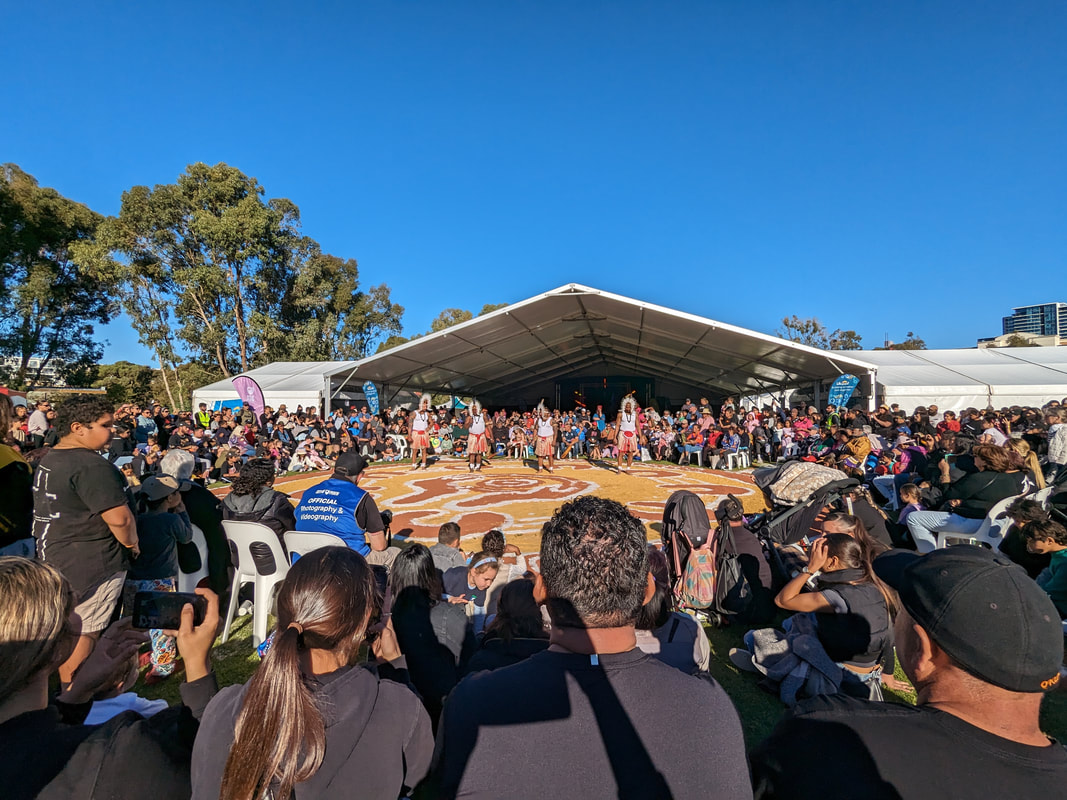 “Across every generation, our Elders have played, and continue to play, an important role and hold a prominent place in our communities and families. They are cultural knowledge holders, trailblazers, nurturers, advocates, teachers, survivors, leaders, hard workers and our loved ones.” NAIDOC WEEK 2023 “Across every generation, our Elders have played, and continue to play, an important role and hold a prominent place in our communities and families. They are cultural knowledge holders, trailblazers, nurturers, advocates, teachers, survivors, leaders, hard workers and our loved ones.” NAIDOC WEEK 2023
Central to the residency was the exploration of my own identity and heritage, both as a Scottish artist and as a descendant of Irish ancestry. Themes of belonging, tradition, and the weight of historical narratives played a significant role. Confronting uncomfortable truths about Scotland's colonial past and the complexities of whiteness highlighted the need for humility and introspection.
Colonization operates on the premise of cultural hierarchy and supremacy. It entails the domination of a distant territory by a metropolitan center through settlements and control, leading to political, economic, and cultural inequalities. Physical force, enslavement, and the imposition of dominance over indigenous peoples and their land are central objectives of colonization. Scots' role as colonizers has often been overlooked. Historical narratives tend to emphasize success, pioneering heroism, and triumph, overshadowing the darker aspects of colonialism. The focus on Highland Clearances and the portrayal of Scots as victims rather than imperialists reflect subtle re-imaginings of the past that warrant caution. In countries with colonial histories, the depiction of 'Celtic' colonists as victims alongside indigenous populations perpetuates problematic narratives. Scottish ethnic associations abroad assert a 'white ethnicity'' and tend to assimilate into dominant settler cultures rather than maintain distinct identities. These observations raise pertinent questions for interrogating similar phenomena worldwide, including Australia's history of colonial dispossession and significant Scottish immigration. Before the residency, I had not engaged with the extent of racism in contemporary Australia . For example, I hadn't heard of the The White Australia policy. This policy was aimed at promoting a "white/British" ideal by restricting immigration from non-European ethnic origins. This was only definitively renounced in 1973, but its effects remain. Thankyou
Ghost Tunes is a project that was conceived by Counterflows Director Alasdair Campbell and the artists Madeleine Flynn and Tim Humphrey and has been supported by the British Council and Creative Scotland. Emmie McLuskey was the associate producer.
AC Projects sees collaboration as one of the most important aspects in delivering exciting and challenging cultural projects. We were delighted to work with our Australian partners – Madeleine Flynn and Tim Humphrey, Bureau of Works, Kat Wilkinson, Fremantle Arts Centre and PS Art Space and in Scotland CCA, Glasgow and The Scottish Sculpture Workshop (SSW) in Lumsden, Aberdeenshire. We acknowledge and appreciate the support of the British Council and were delighted to be part of their UK/AU 2021-22 Season and also the support of Creative Scotland through their Open Project Fund. Comments are closed.
|
AuthorWritings, reflections and an archive of research from Quinie (Josie Vallely). Archives
February 2024
|
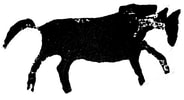
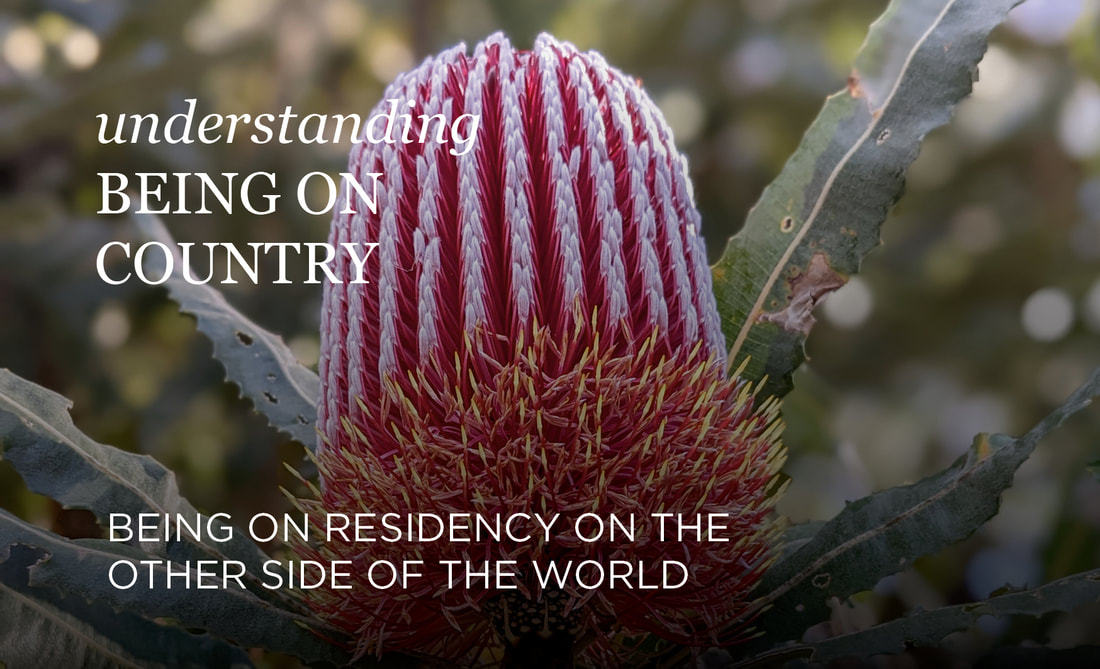
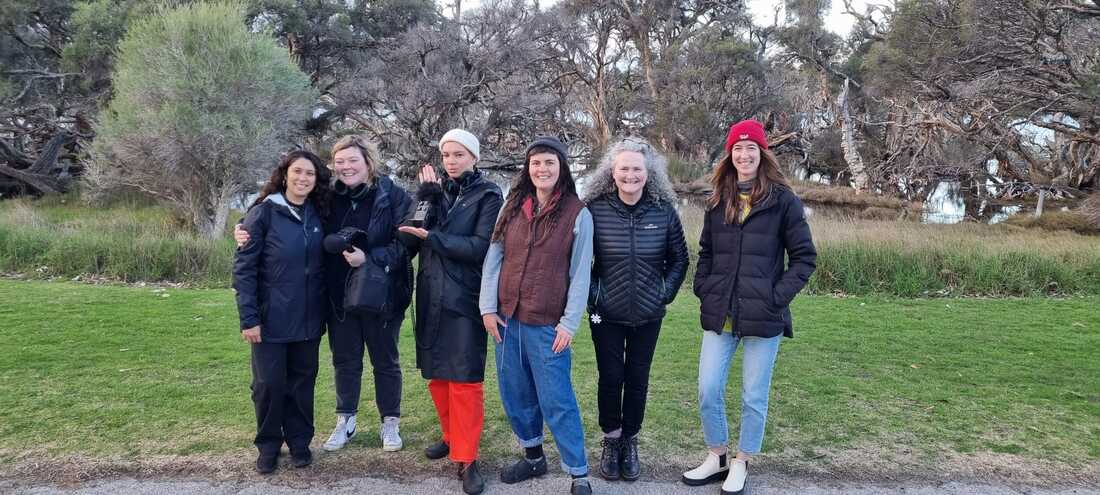
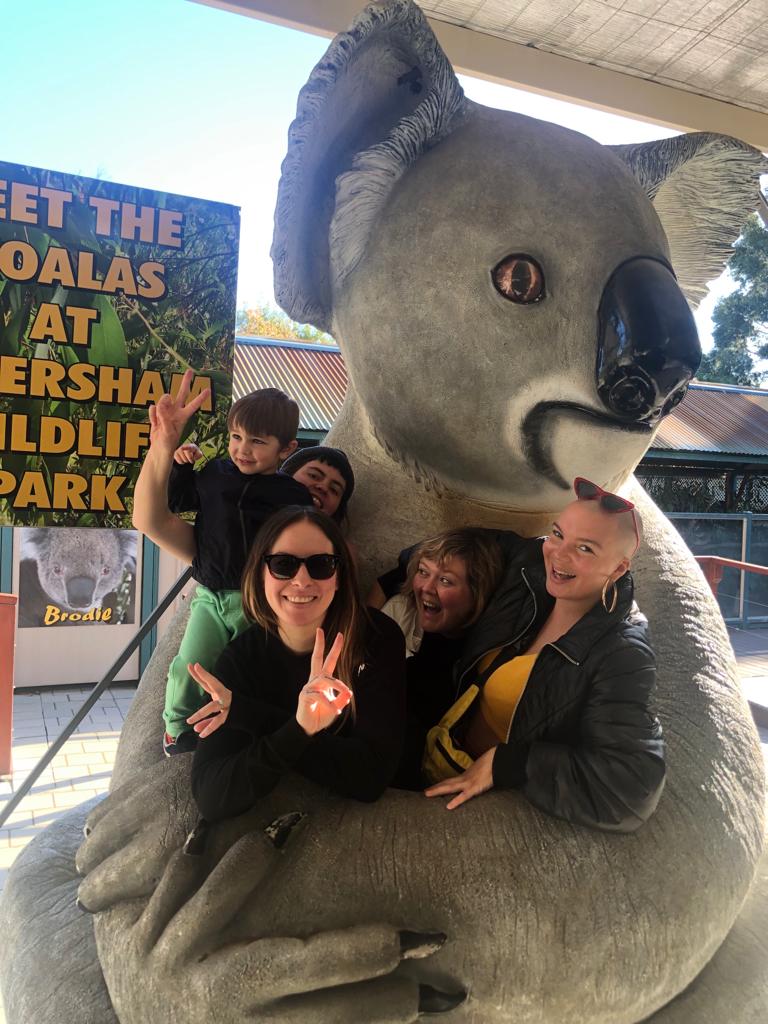
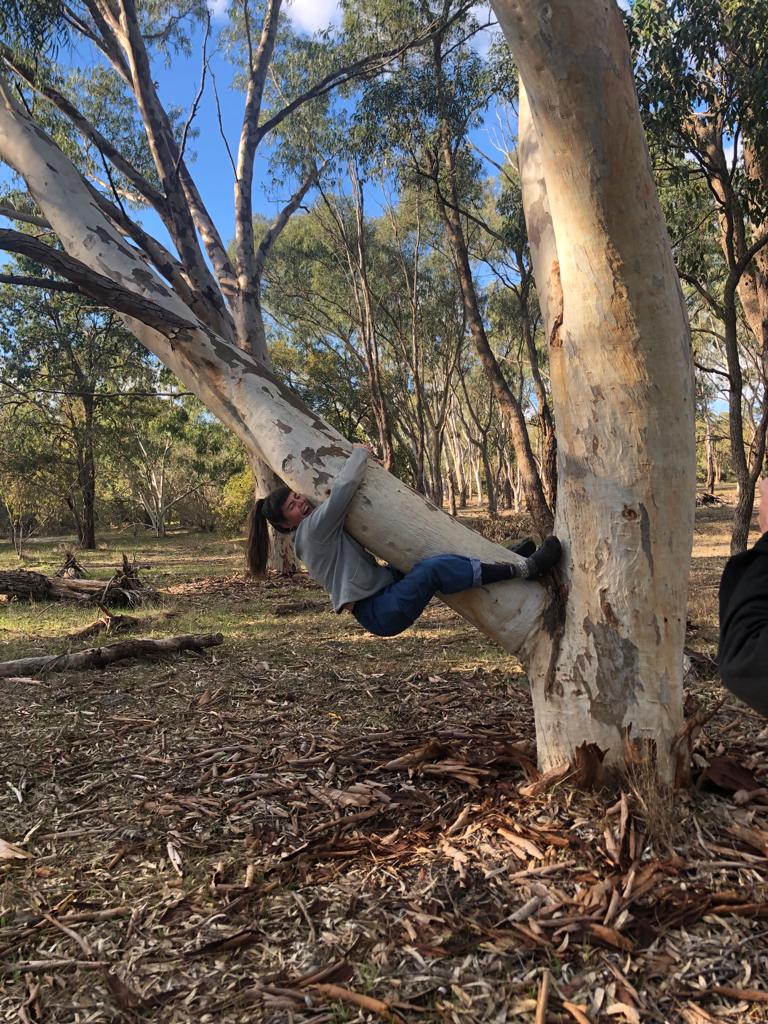
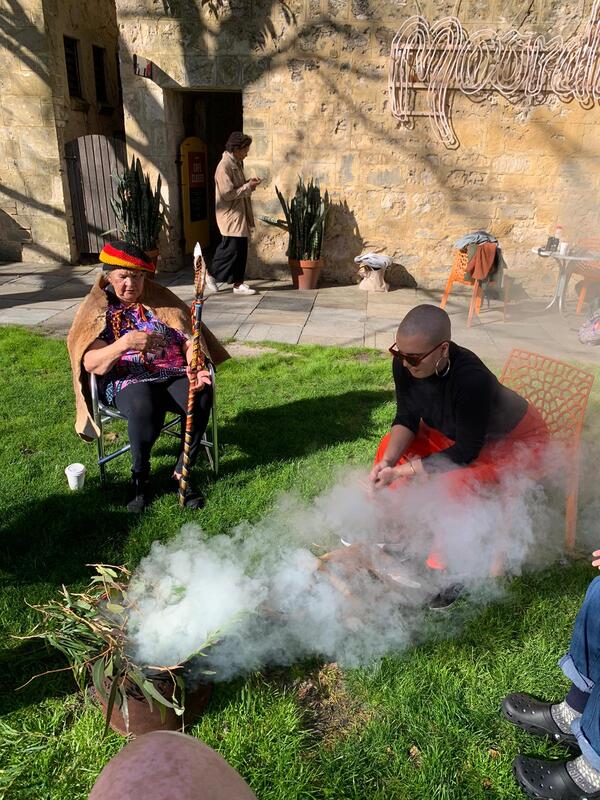
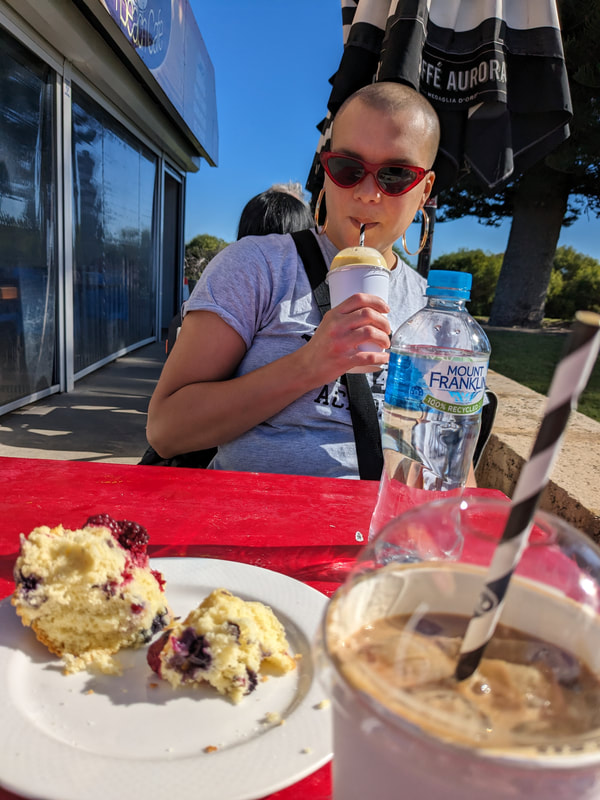
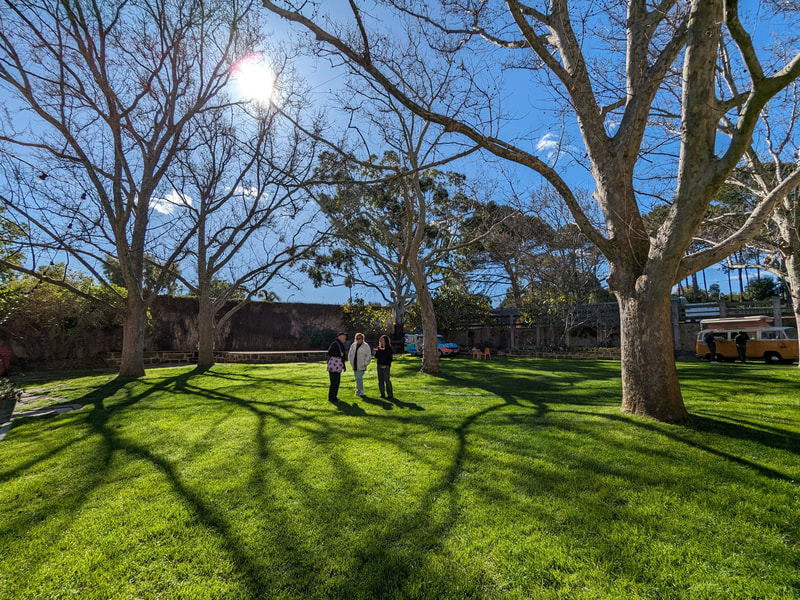
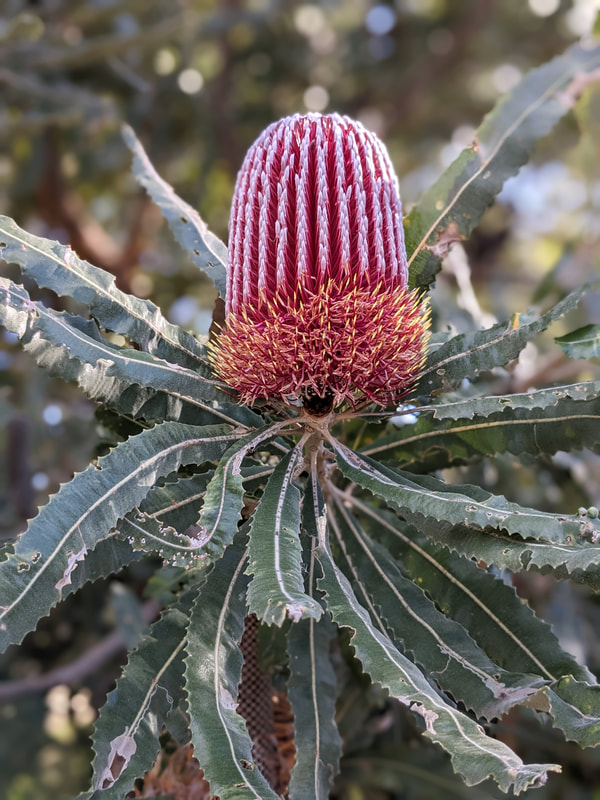
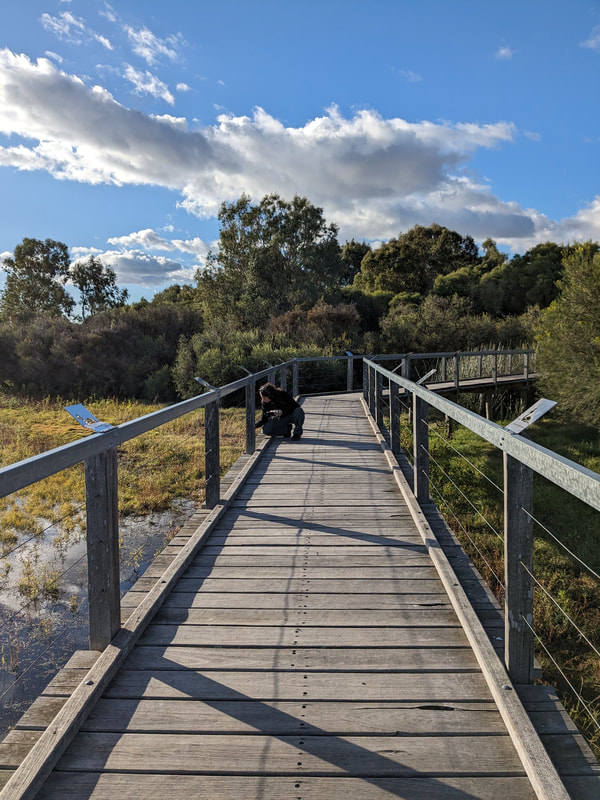
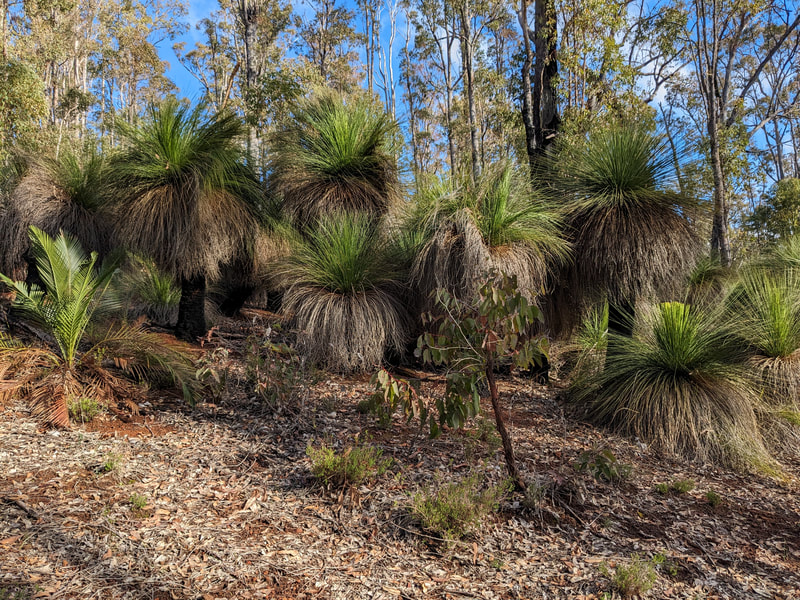
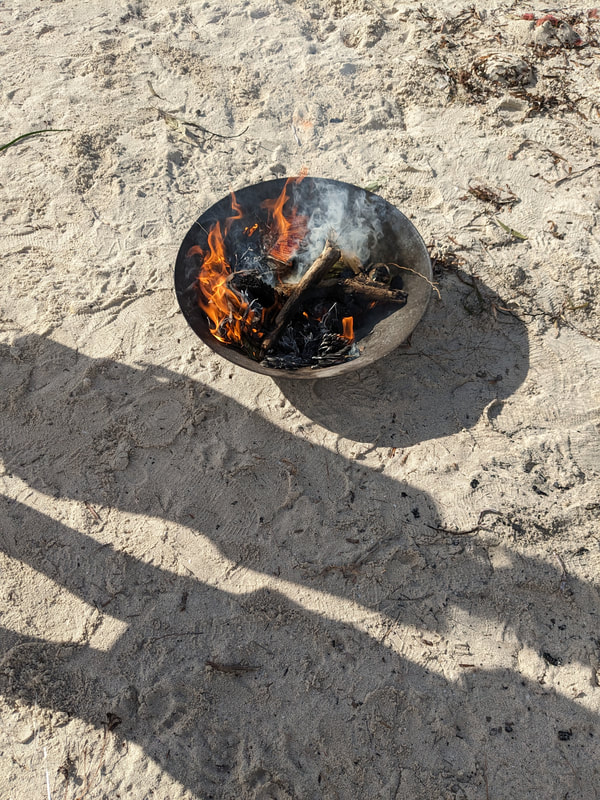
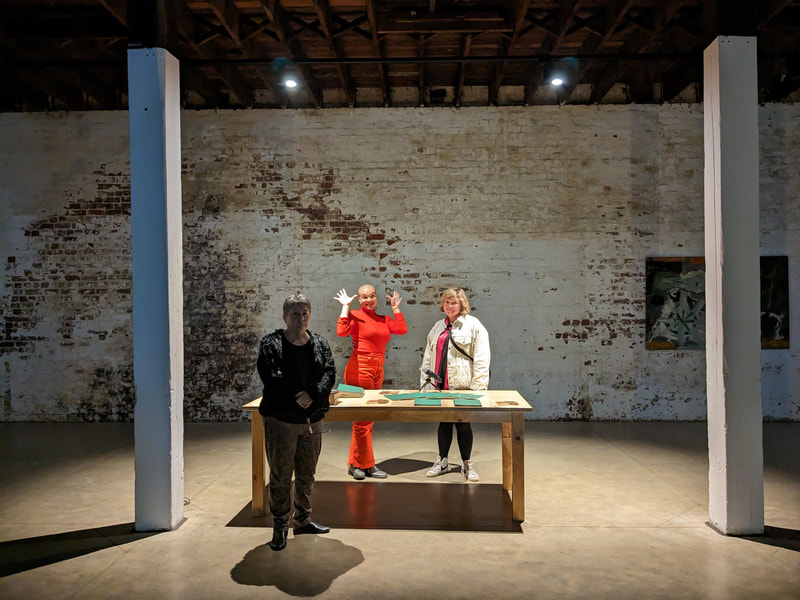
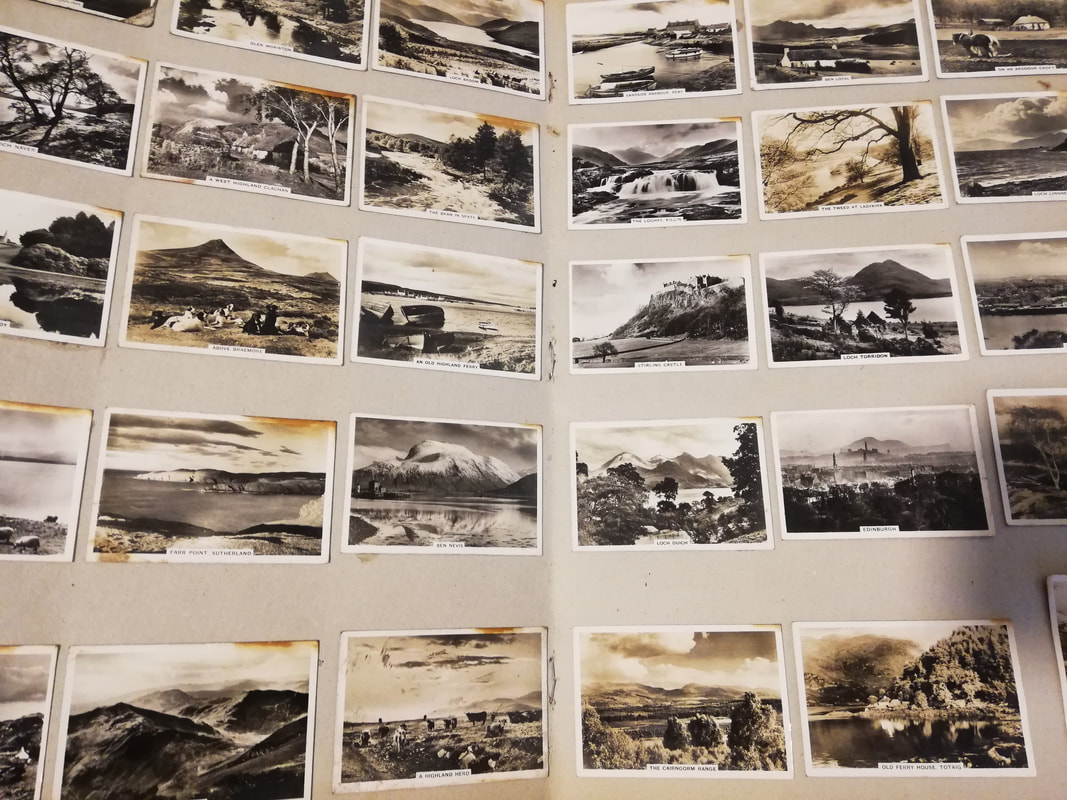
 RSS Feed
RSS Feed
